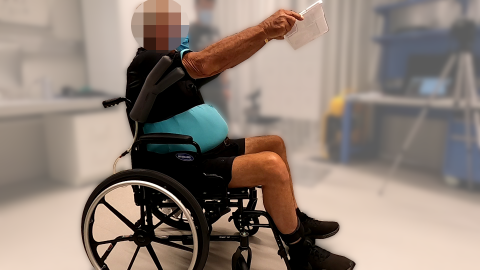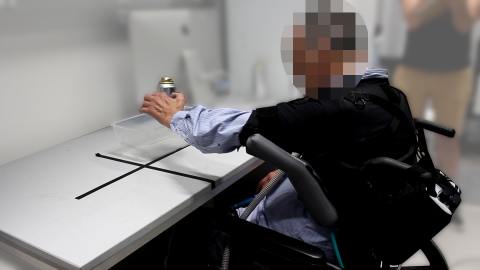Soft NeuroBionics Lab

The Soft NeuroBionics Lab aims to develop cutting-edge technology for functional compensation and augmentation, using soft robotic systems and advanced neurotechnologies. We are dedicated to understanding how soft materials and lightweight actuation strategies, combined with advanced neurocontrols, can best support human motion and activities, advancing the field of wearables.
Despite inherently reduced support capability compared to their rigid counterparts, soft robotic systems have the potential to effectively complement traditional rigid robots, enhancing overall functionality, comfort, long-term usage, and flexibility in human-machine interactions.
Our research efforts are primarily focused on investigating various aspects of physical human-robot interaction. These include:
- Designing novel solutions soft actuators and soft sensors to support human movements.
- Intelligent shared control between human and robot.
- Bidirectional biofeedback.
- Adapting robot behavior to different applications and contexts.
If you are interested in our activities or in joining the lab, please do not hesitate to contact us by email! The laboratory has two physical locations: one within the BioRobotics Institute in Pontedera, and the other within the San Raffaele Hospital in Milan, as part of the joint laboratory on implantable neurotechnologies (MINE Lab).
For a full list of publications, please click here.
Consider joining the lab for your thesis, look here for the availability














